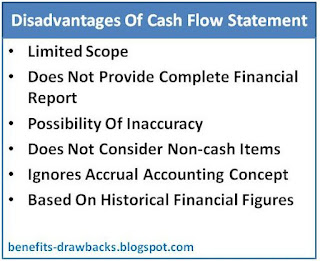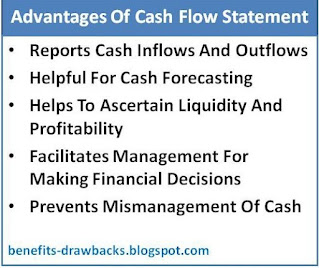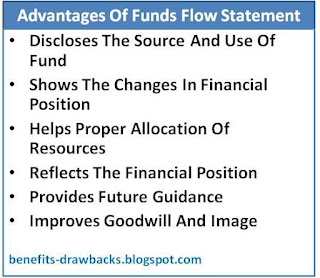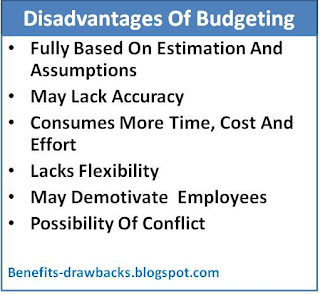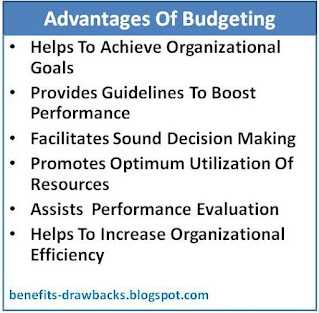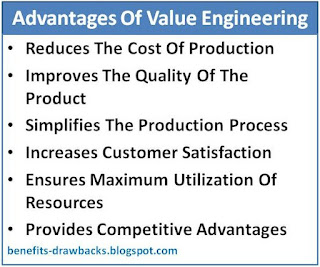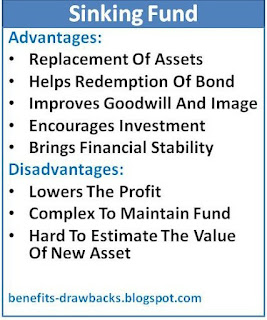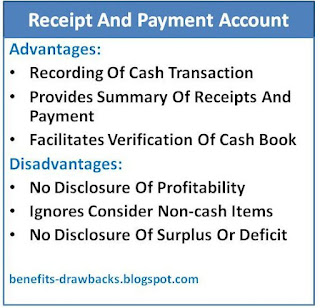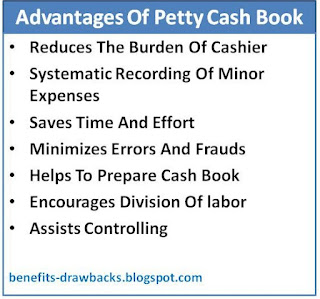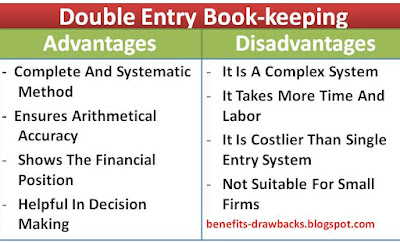Merits Or Advantages Of Centralized Stores
The main advantages of centralized stores can be expressed as follows:
1. Economical
In centralized store, materials are kept only in one warehouse. More goods can be stored in single location that minimizes inventory costs, administrative costs and handling costs. So, it is economical than decentralized stores.
2. Better Control And Supervision
Because of single location and less storage space, it is easier for the storekeeper to inspect, supervise and control inventory properly.

3. Wastage Minimization
Because of proper supervision and tight control misuse and wastage can be minimized. Wastage minimization leads to decrease in the cost of production which helps to increase profitability of the business.
Centralized store ensures safety of goods because of better layout, better supervision and better store audit.

5. Fewer Employees
These stores can be managed by fewer specialized employees.
Also Read:
Also Read:
6. Suitable For Small Firms
Centralized store is suitable for small and medium sized companies with less production units and departments.
Demerits Or Disadvantages Of Centralized Stores
The main drawbacks or disadvantages of centralized stores can be expressed as follows:
1. High Transportation Cost
Materials are supplied to different departments, branches and production units from single store. Therefore, it requires extra transportation and handling costs.
2. Chance Of Delay
Sometimes production centers cannot receive required materials on time because of delay in supply. In this situation production process may be interrupted.
3. Risk Of Loss
In centralized stores, large volume of stock are kept in single location. It increases the risk of loss by flood, earthquake, fire etc. There also exists a risk of obsolescence.
4. Unsuitable
These type of stores are not suitable for big manufacturing companies with several production units, branches and departments.
Pros And Cons Of Centralized Stores In Short
Pros:
- It reduces storing, material handling and supervision costs
- There is better supervision and store audit
- It is suitable for small manufacturing companies
- It minimizes staffing and stationary costs
- It helps to minimize the wastage of materials
- It requires less space for storing goods
Cons:
- It is not suitable for big manufacturers
- There is a possibility of delay in supply of materials
- There is a high risk of obsolescence
- It requires more transportation cost










